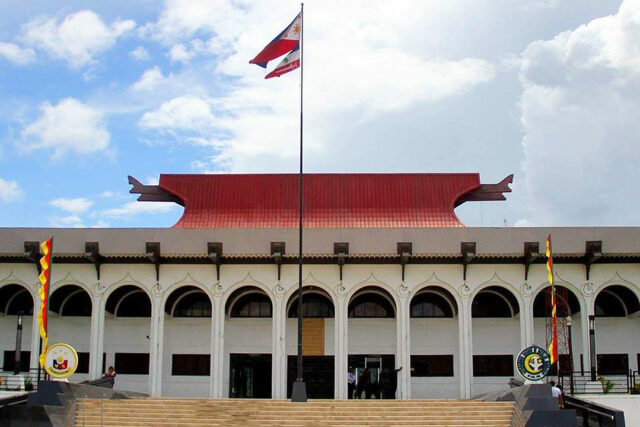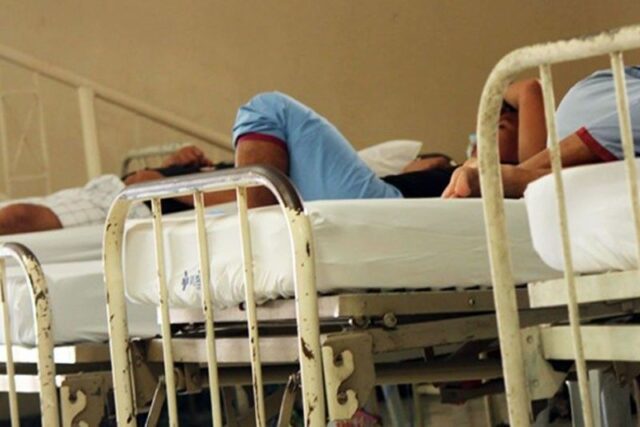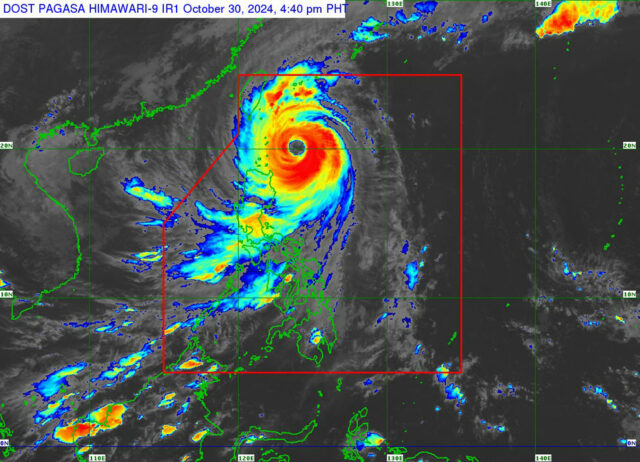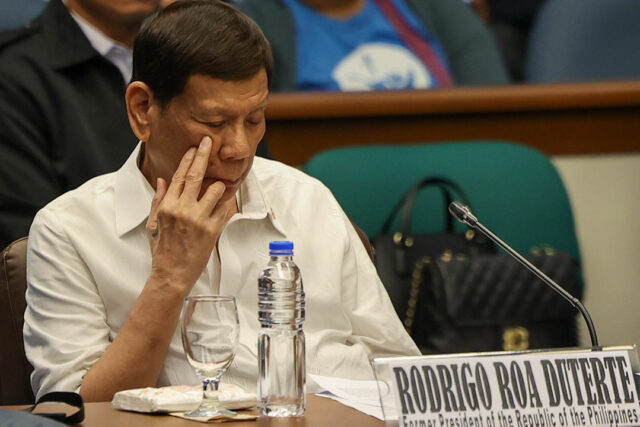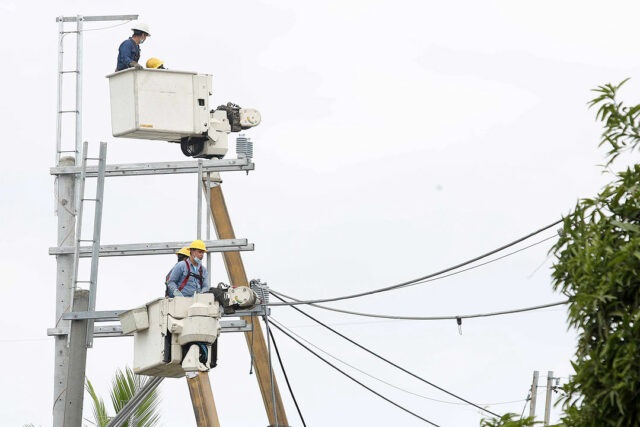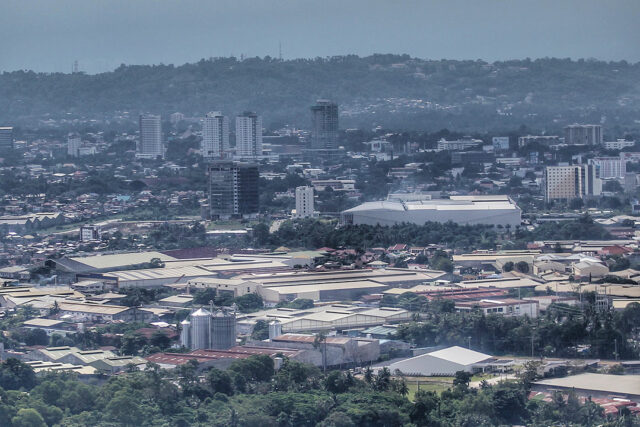Indonesian official sees similarities with PHL plight in protecting women in conflict zones
THE PHILIPPINES and Indonesia have similar struggles in ensuring that women in conflict zones are protected and have an adequate say in negotiating peace, an Indonesian official said.
“I think both Indonesia and the Philippines still have a long way to go” to ensure affirmative measures are in place, according to Andy Yentriyani, chairperson of Indonesia’s National Commission on Violence against Women, said in a video call with BusinessWorld on Oct. 29.
She said in Indonesia, it is still difficult to win recognition for women’s leadership.
“In various conflicts where the community has a very hierarchical structure, where women do not possess any decision-making authority, it is very important to have affirmative measures in place,” Ms. Yentriyani said.
She noted some success stories where women made it to the negotiating table, citing Central Sulawesi, where female leadership resulted in a “more lasting peace” following episodes of inter-religious community violence.
She said that in Aceh, women have been involved actively in bringing communities together even under military rule.
“Their leadership currently also influences how the Aceh government is able to provide… protection for human rights and women’s rights,” she added.
Ermelita V. Valdeavilla, chairperson of the Philippine Commission on Women, said in a speech at the International Conference on Women, Peace, and Security in Pasay that the goal is gender parity in leadership.
She said such parity can be achieved “by adopting temporary quotas as provided in CEDAW (Convention on the Elimination of All Forms of Discrimination against Women); by accelerating women’s capacity development for peacebuilding; and by making resources available to women peacebuilders.”
The conference was organized in observance of the 25th anniversary of United Nations Security Council Resolution 1325, which called for increased women’s participation in conflict prevention, peace negotiations, and the protection of women’s rights in conflict zones.
Ms. Valdeavilla said that in 2023, “only 26% of peace agreements mentioned the women’s agenda.”
If women are only marginally represented in the negotiation and decision-making, this invisibility will persist, Ms. Valdeavilla said. — Aubrey Rose A. Inosante


